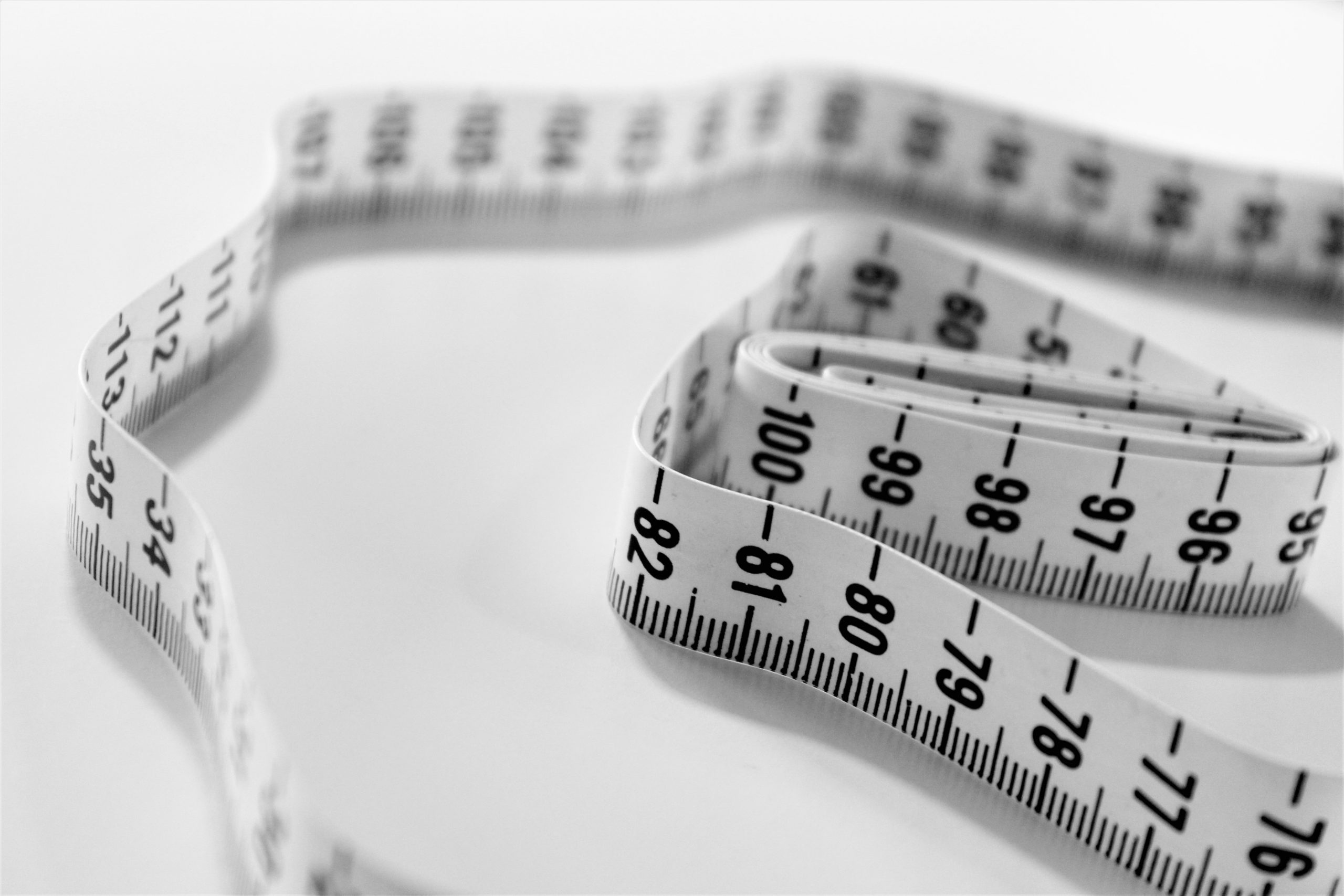On Sunday, March 8th, people from around the globe will be celebrating International Women’s Day , an annual event that honors the various achievements—social, economic, political, and cultural—that females have accomplished. From Australia to America, women will be participating in marches, rallies, conferences, networking events, and online discussions to reflect on the advancements that have been made over time, as well as steps that can be taken in order to continue to promote gender equality.
Here, we’ve highlighted the background of the day, this year’s message, how millions of women around the world will be encouraging greater diversity, and how you can take action on the International Women’s Day.
The History of International Women’s Day
The first fight for women’s rights dates back to 1908, where 15,000 women took to the streets in New York City to protest for better pay, short working hours, as well as the right to vote. The following year, the Socialist Party of American declared the last Sunday in February as the first National Women’s Day in honor of the strike that took place the previous year.
Then, in 1910 during an international conference dedicated to working women, a female named Clara Zetkin proposed an annual Women’s Day event be held on the same day in other countries around the world. It was a unanimous decision among the more than 100 women from 17 countries (which included the first three women elected to the Finnish Parliament). The first International Women’s Day was observed one year later by over one million women and men who attended rallies in Austria, Denmark, Germany, and Switzerland. And their cause had expanded—these pioneers were also protesting for women’s right to vocational training and to end job discrimination.
Between 1913 and 1914, the date was changed from March 19 to March 8. The United Nations (UN) celebrated this annual event for the first time in 1975.

This Year’s Theme
On the heels of the popular #MeToo and #TimesUp movements, the 2018 campaign is being summed up in a hashtag: #PressForProgress. “I feel pressing for progress has nothing to do with us trying to prove anything,” says Amy Jo Martin, New York Times bestselling author of Renegades Write The Rules: How the Digital Royalty Use Social Media to Innovate, who will be one of four female speakers in an online conversation hosted by Ernst & Young on IWD. “I think the progress is really about committing to yourself and making sure you’re progressing in your own life.”
Martin, who was named the third most powerful woman on Twitter by Forbes, believes there has been a shift in energy from prior celebrations where women are finally ready to put their ideas—whether to enhance their personal or professional lives—into motion.
How Women Around the World Are Recognizing the Day
For example, in Ukraine, Armenia, Moldova, and Russia, IWD is considered a national holiday where government offices, schools, and stores are closed. Women are gifted with flowers in Ukraine while men in Russia give females postcards that are designed with spring flowers, as well as images of a mother and child. And similar to Valentine’s Day in the United States, chocolate is a popular gift for women on IWD in Italy and Albania.
Thank you for continue reading please don’t forget to share this article with your freinds

 Health4 years ago
Health4 years ago
 Health5 years ago
Health5 years ago
 Health5 years ago
Health5 years ago
 Health4 years ago
Health4 years ago
 Health5 years ago
Health5 years ago
 Food4 years ago
Food4 years ago
 Health3 years ago
Health3 years ago
 Entertainment5 years ago
Entertainment5 years ago
